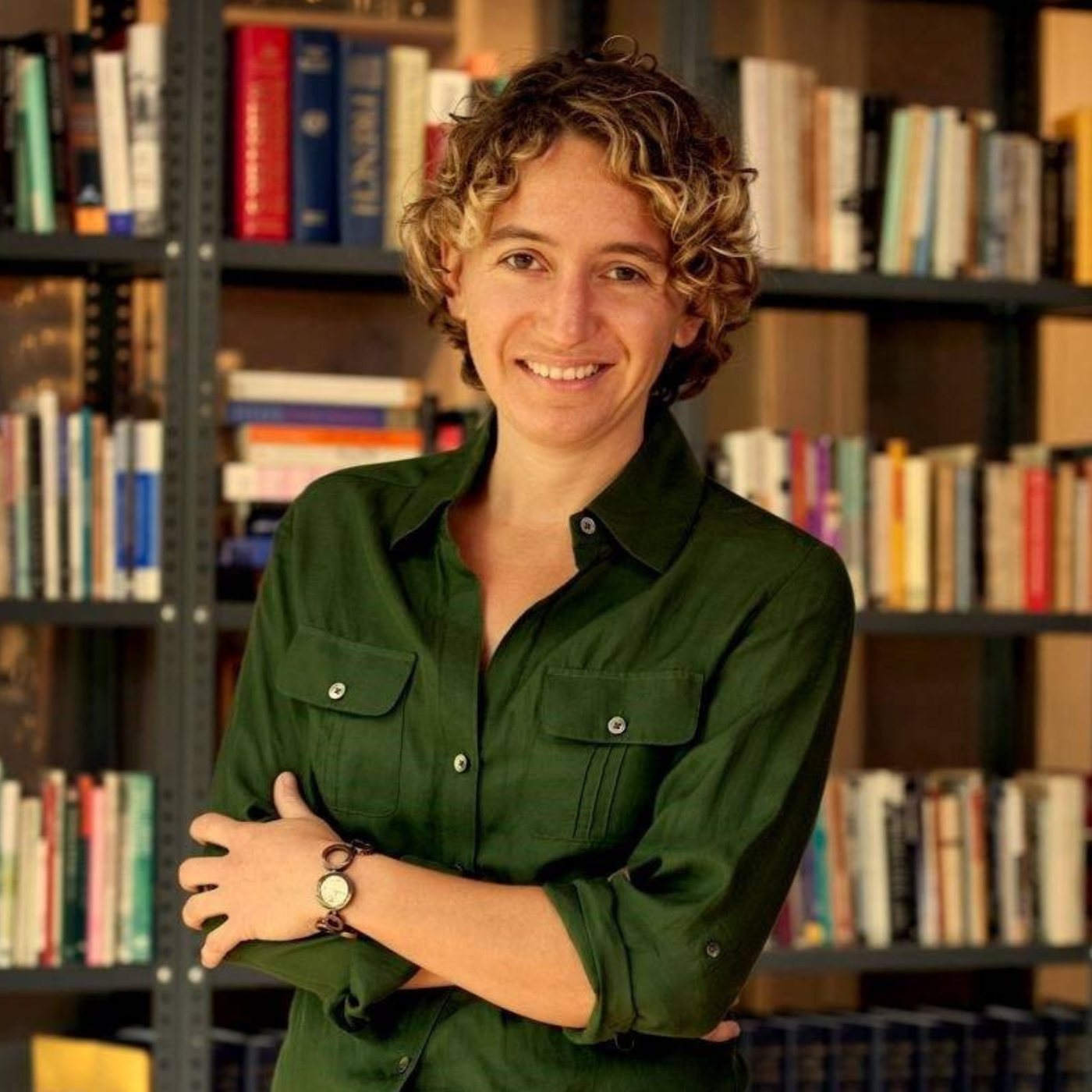Episode 216: Kathryn Schulz
Loss, Discovery, and Being Wrong
The trauma of loss is inevitable, but there are things that can be done to consciously prepare for and deal with things we lose in life. They are also connected deeply to the concepts of discovery. Death and love both hold mysteries that have always captivated the mind.
Kathryn Schulz is a writer at “The New Yorker” and is the author of Being Wrong: Adventures in the Margin of Error and her newest book Lost & Found: Reflections on Grief, Gratitude, and Happiness was just released this year. She won a National Magazine Award and a Pulitzer Prize in 2015 for “The Really Big One,” an article about seismic risk in the Pacific Northwest. Her writing can also be found in “The Best American Science and Nature Writing,” “The Best American Travel Writing,” and “The Best American Food Writing.”
Kathryn and Greg talk about losses of all sizes, from the inconsequential to the greatest loss imaginable, and how loss of life is treated across cultures and time, how humans and religion have responded to the trauma of death and loss. Likewise, they talk about the flip side of the coin in finding and discovery, both the trivial and profound - specifically finding a loved one to be one’s partners in life.
Episode Quotes:
Having the inability to admit your mistakes can make a relationship fail
31:12: How do you make a relationship work? One way not to make it work is to be unable to admit that you're wrong. And it's hard, when you're in the midst of a fight or friction with your partner. It's very difficult to not inhabit your own in that moment, extremely narrowed field of vision, your sense of woundedness, and your narrative about what happened or whatever may be going on. But you just can't. You have to develop a kind of bifocal vision where, clearly, there are exceptions to this. People are genuinely wronged in relationships as in other things, but in a basically happy relationship where that's not the case, you have to be able to, at some point, step back and say, "Well, what's actually going on here?"
21:32: At the heart of existence, for whatever reason wildly beyond our control, is the fact that everything in our lives is wildly impermanent.
Can we learn to be better in relationships?
29:33: Your first move just has to be to pick the right person. And some of that is compatibility, but some of it is just this deep conviction that they're right for you and you love them because in stressful or difficult moments in a relationship, you have got to be grounded in this sense of this is the one.
Show Links:
Recommended Resources:
Guest Profile:
Contributor’s Profile on The New Yorker
Kathryn Schulz on TEDTalk






